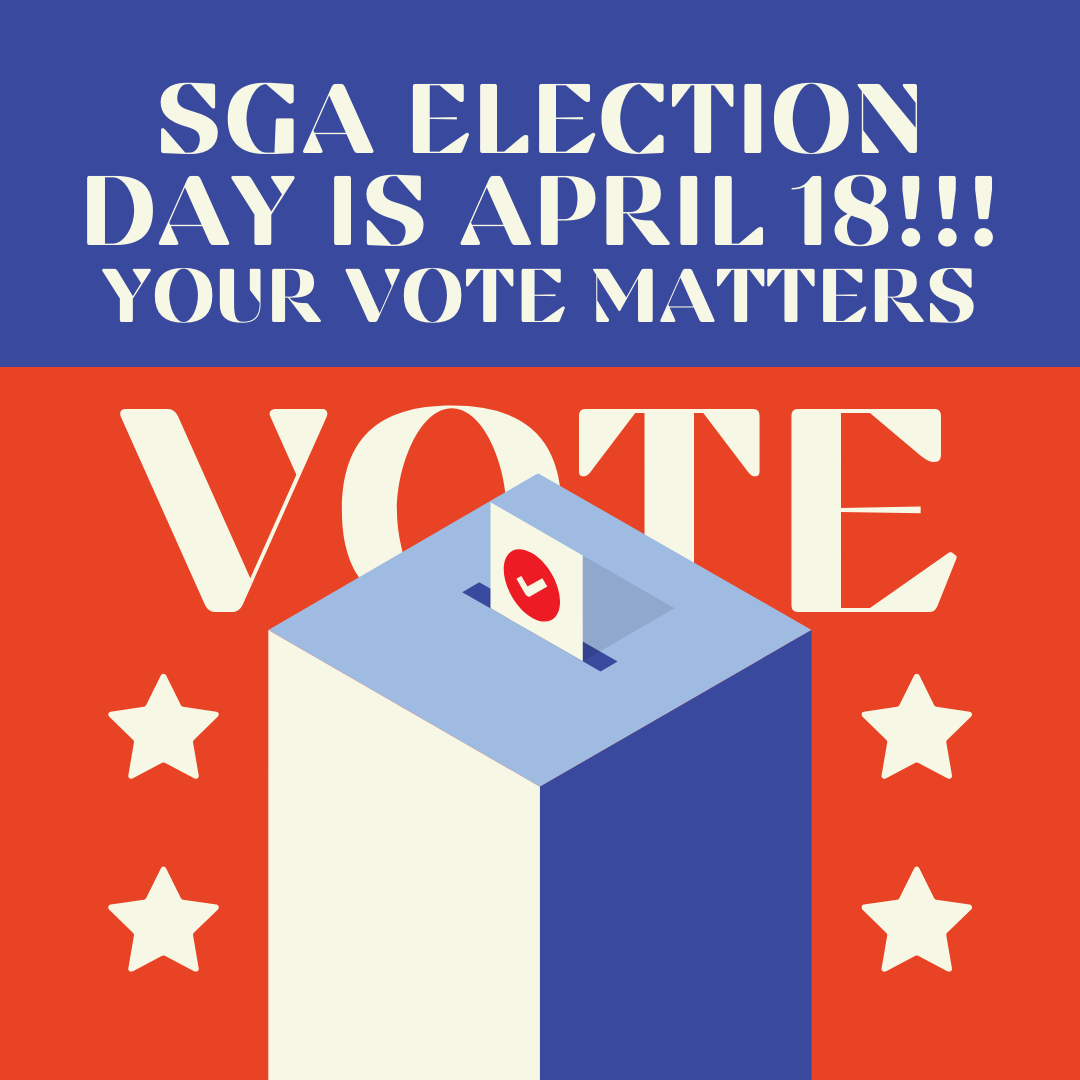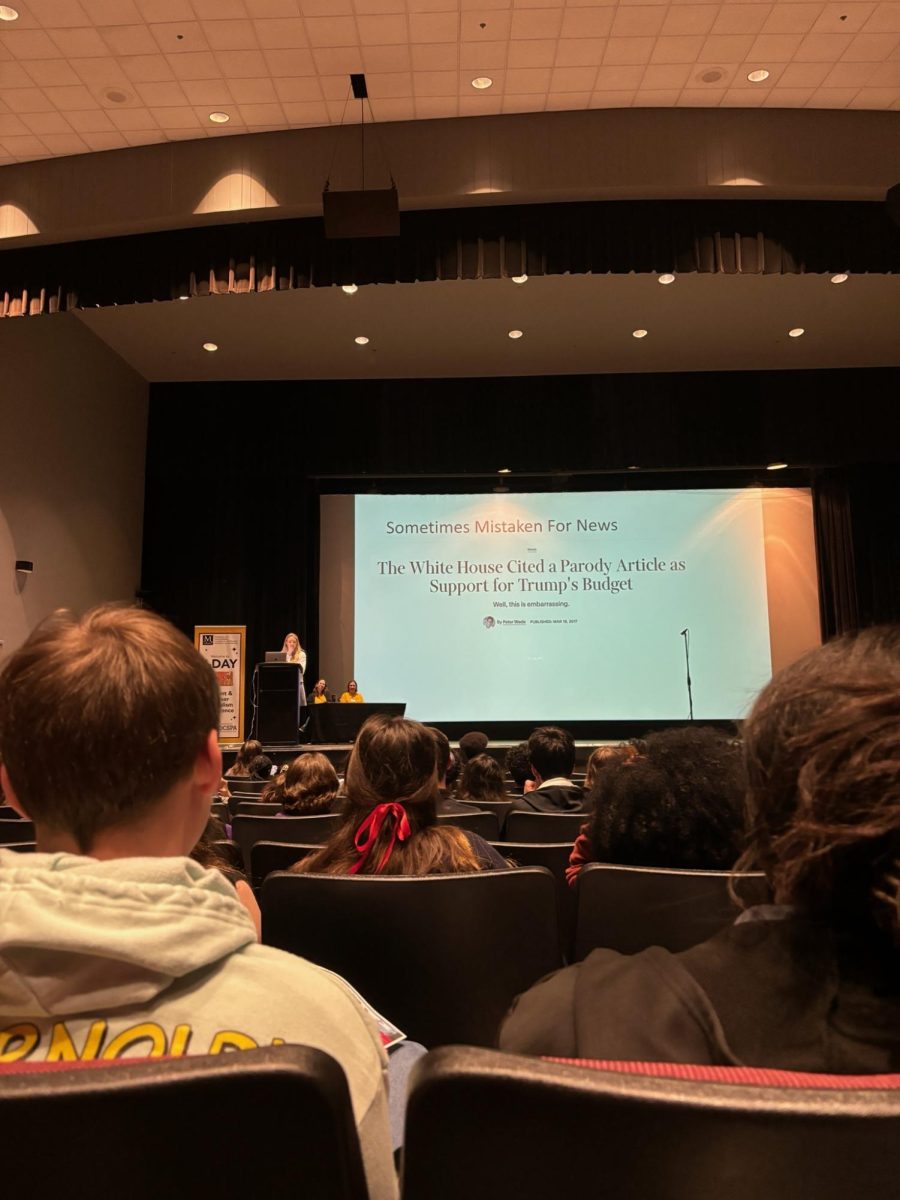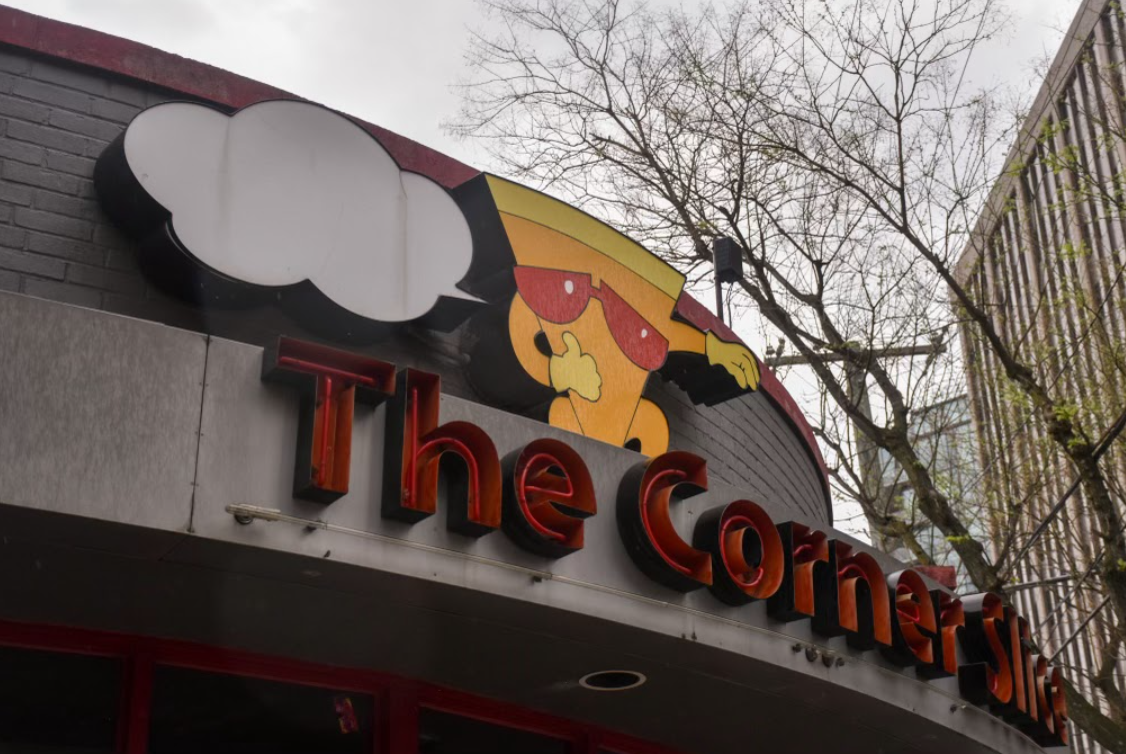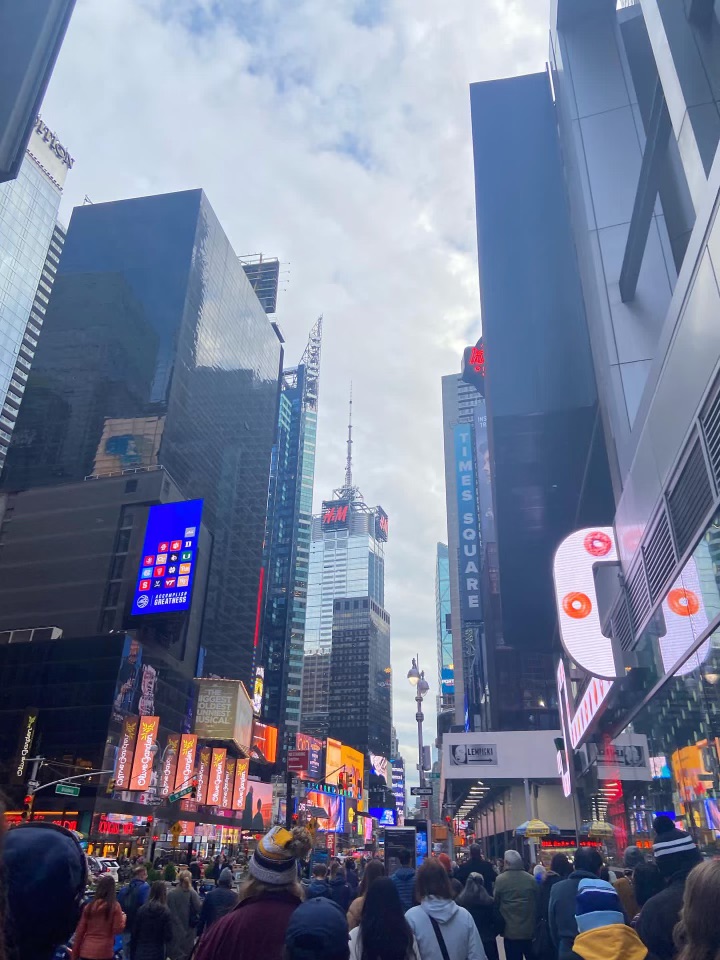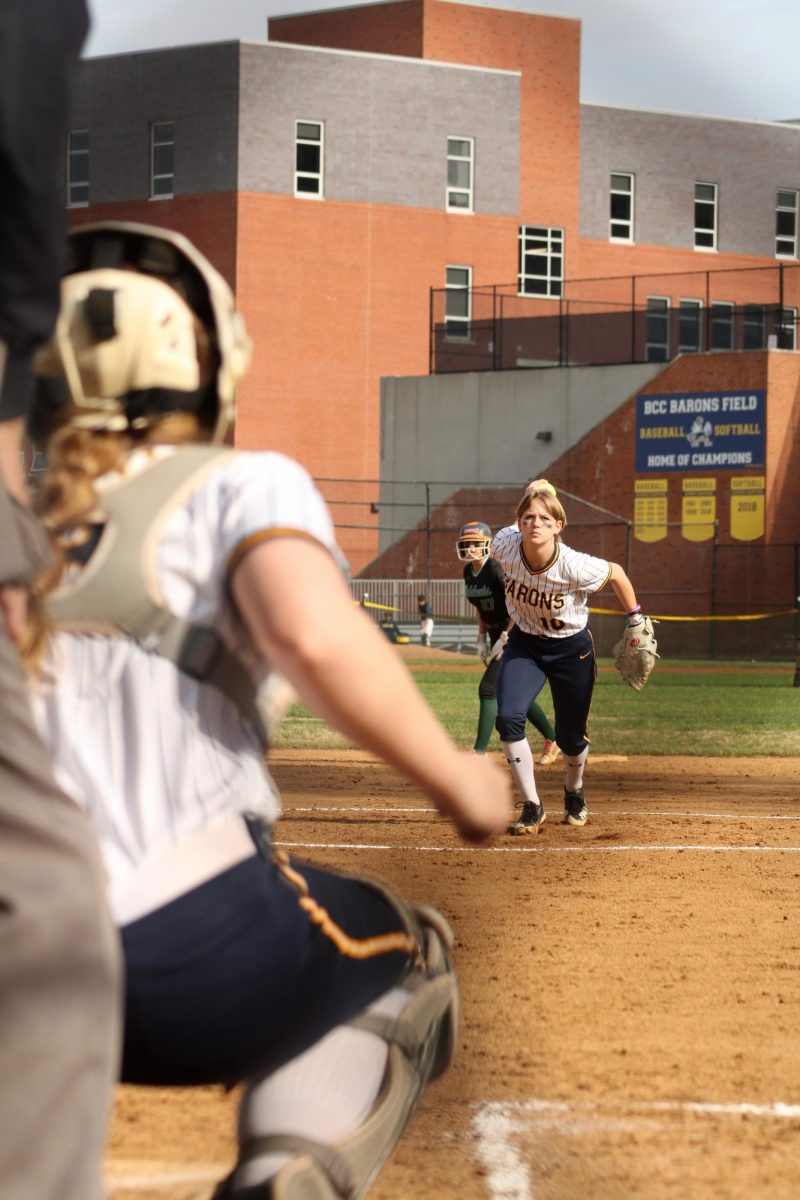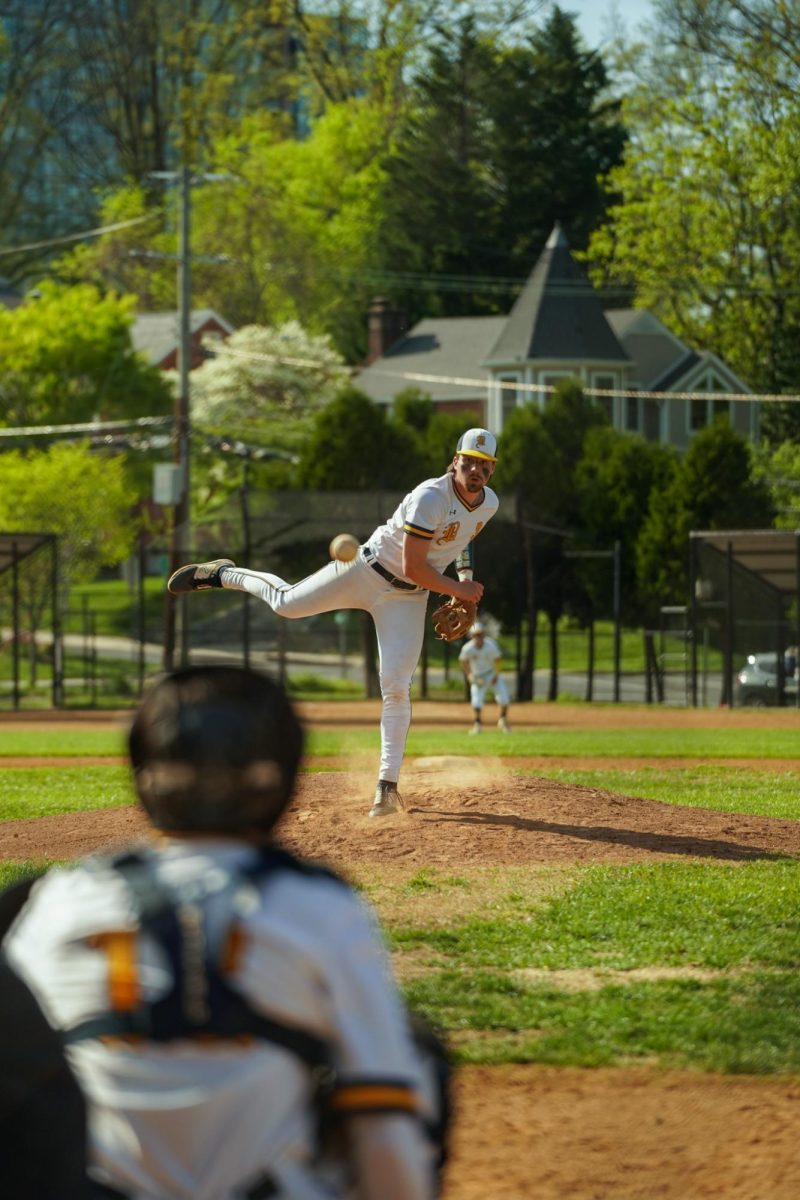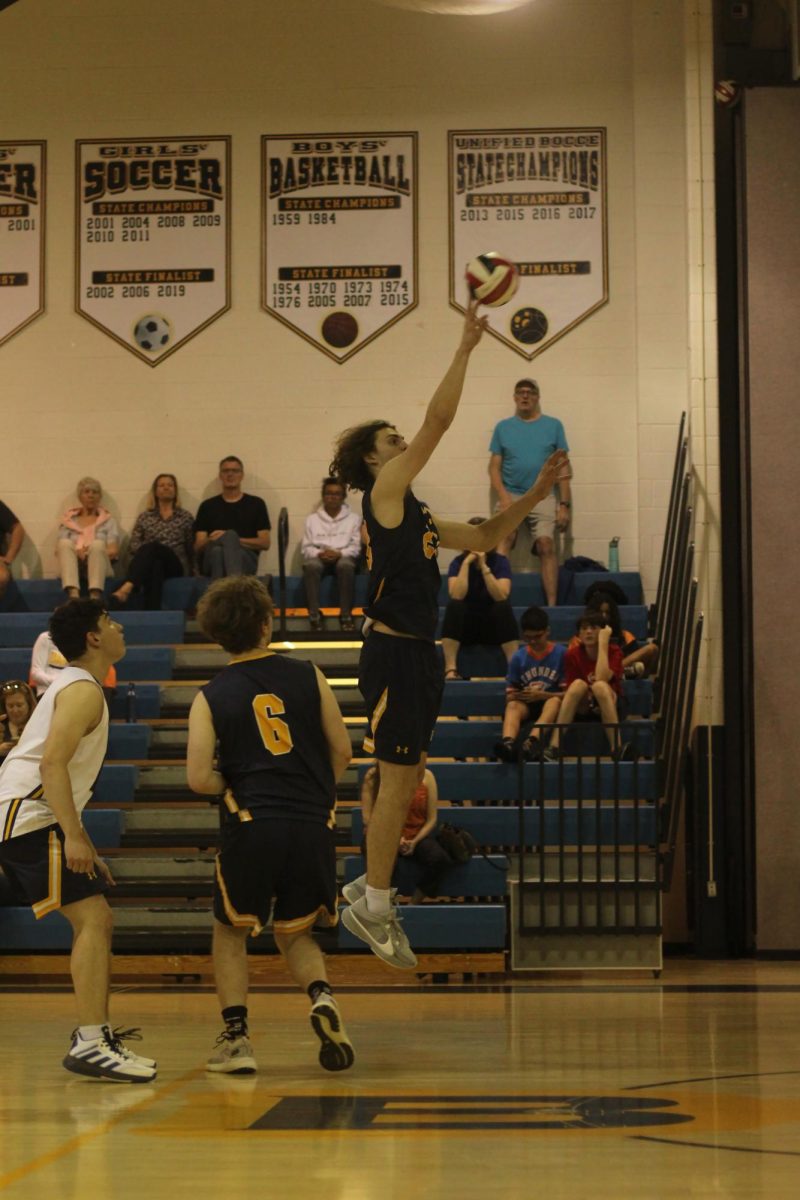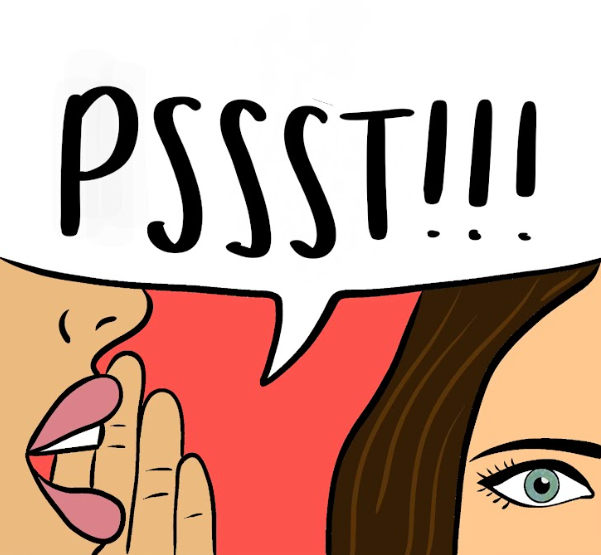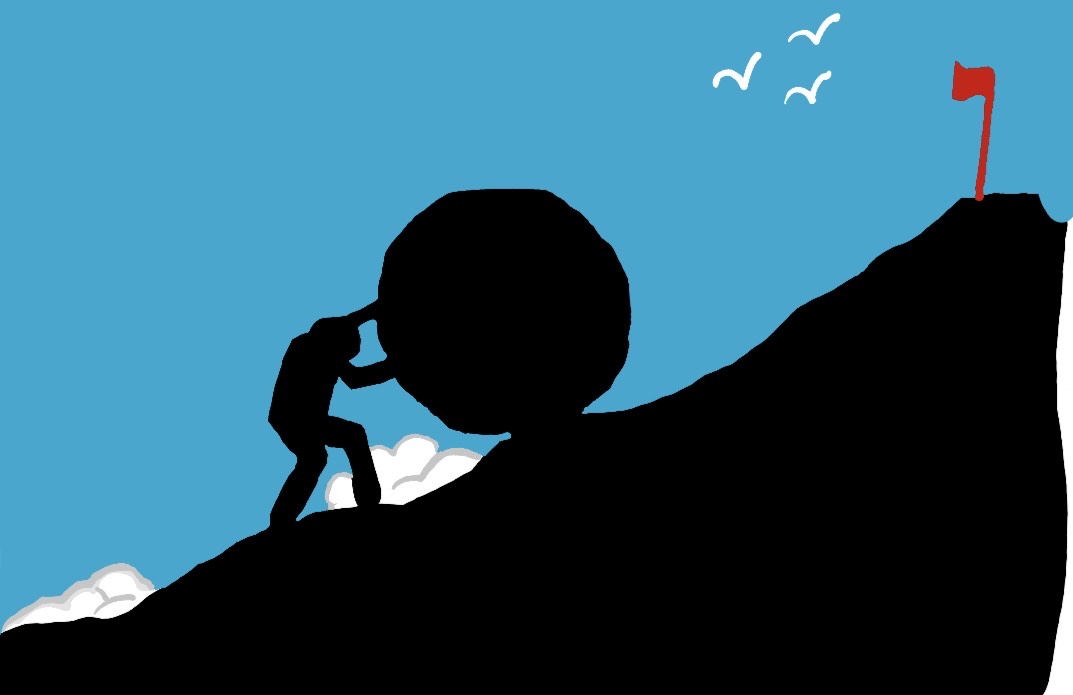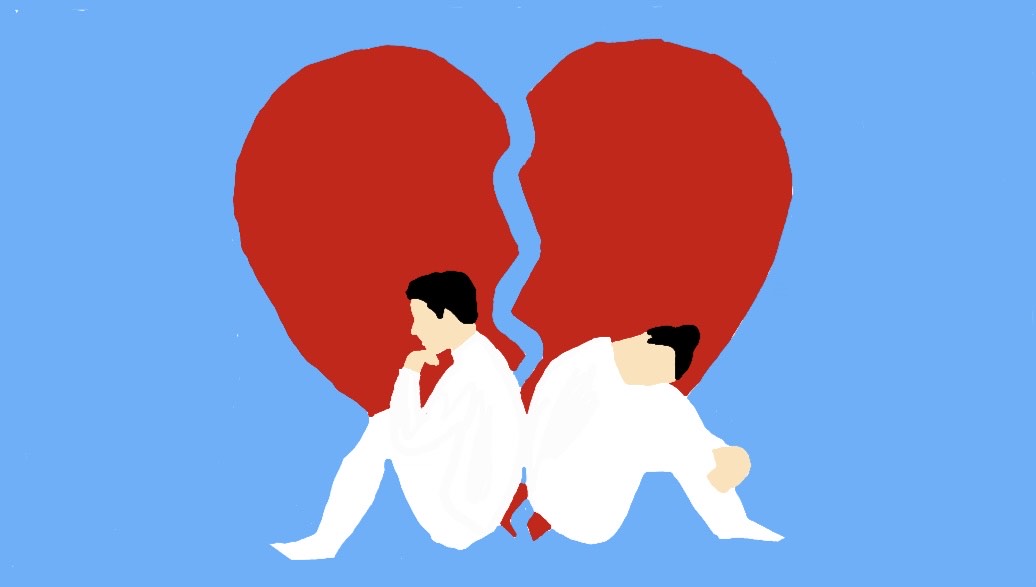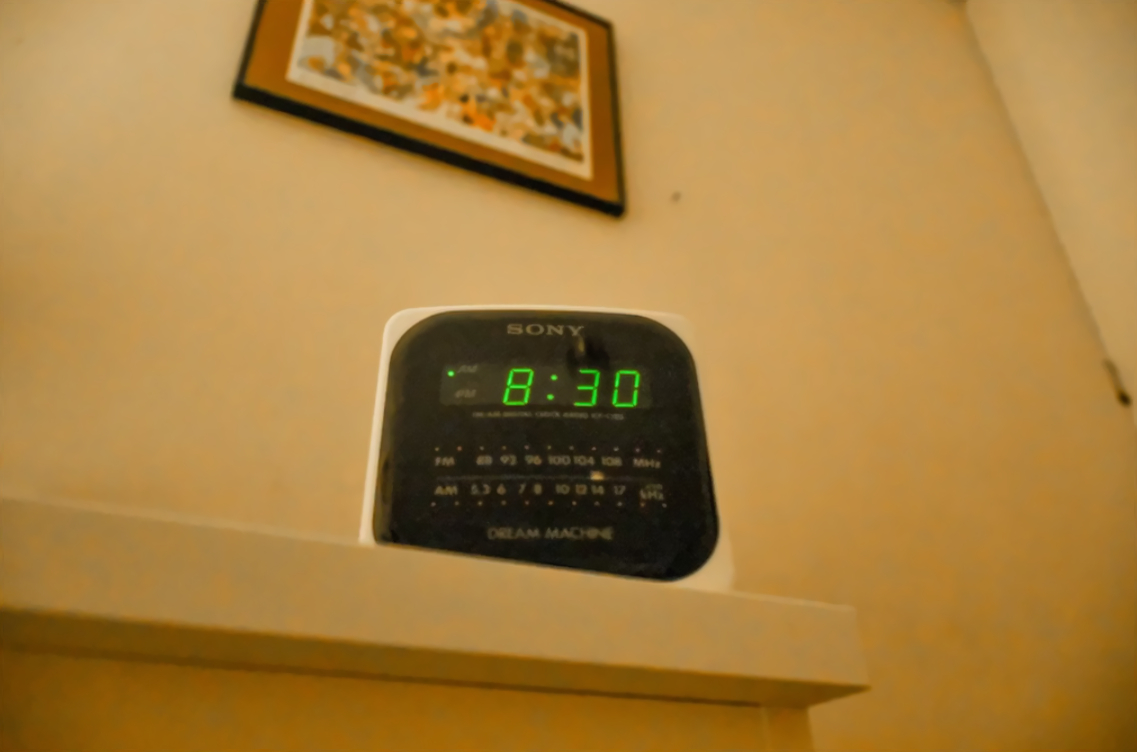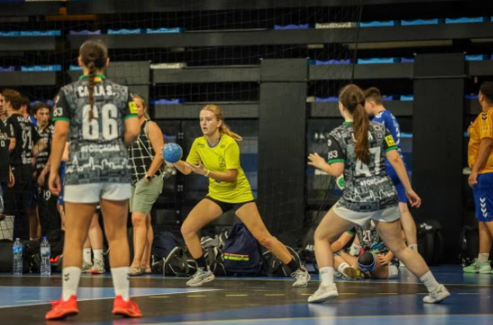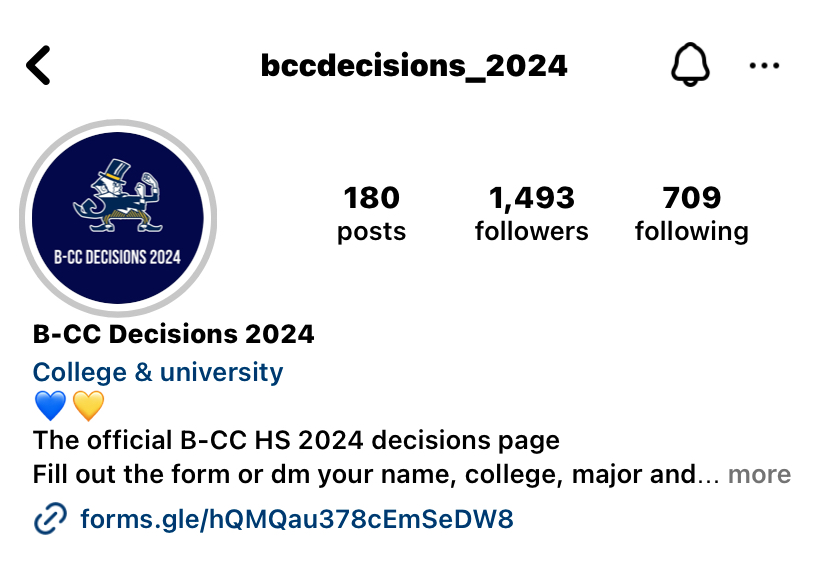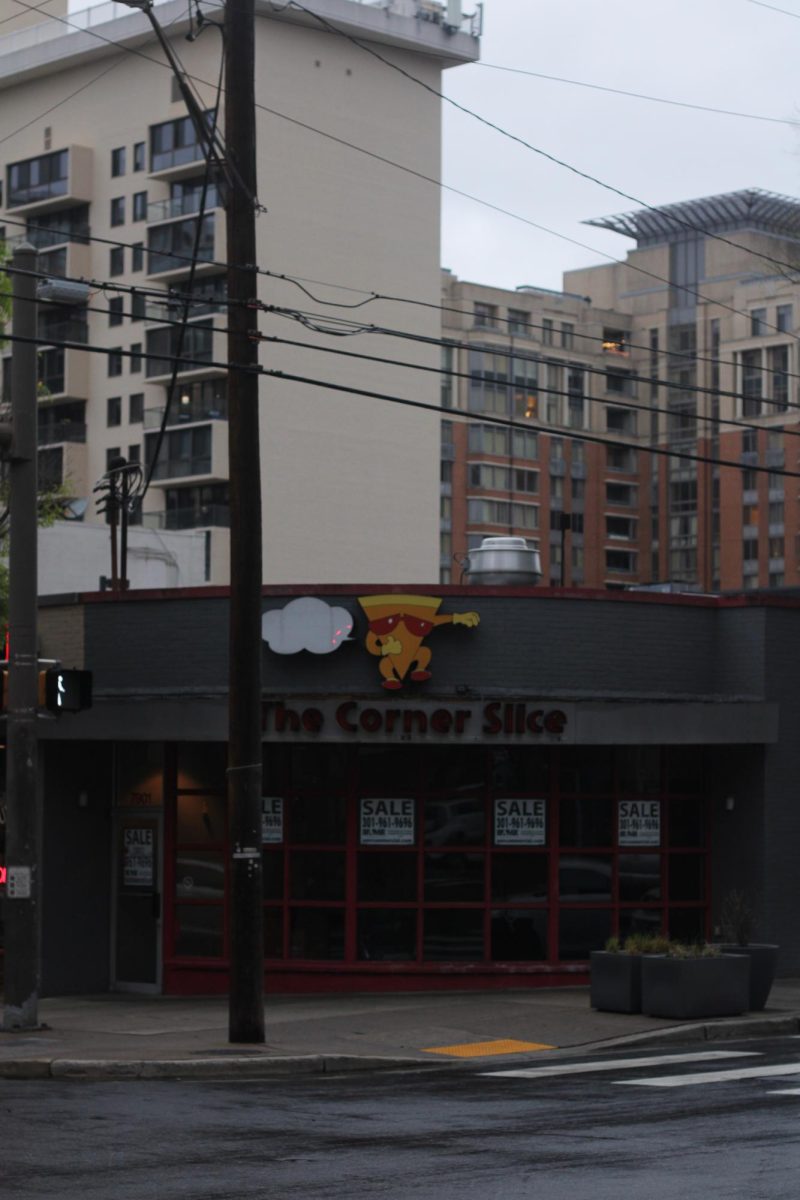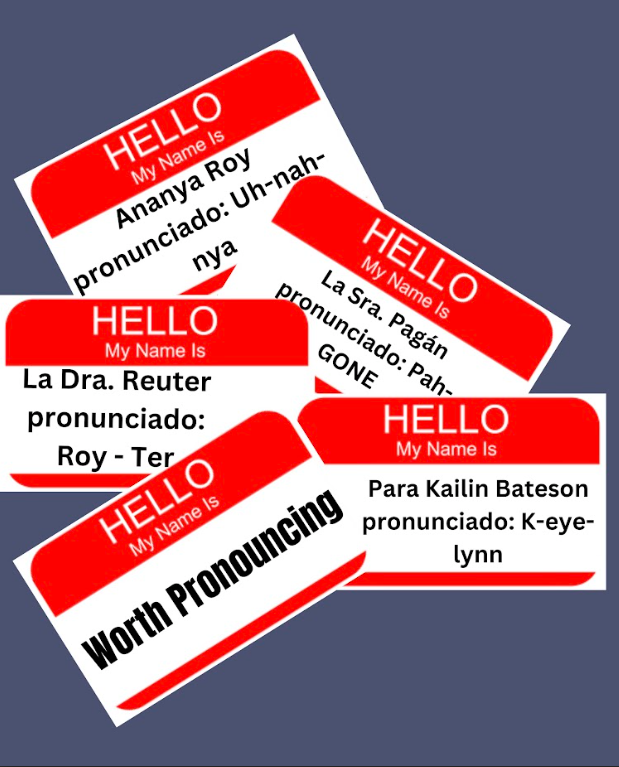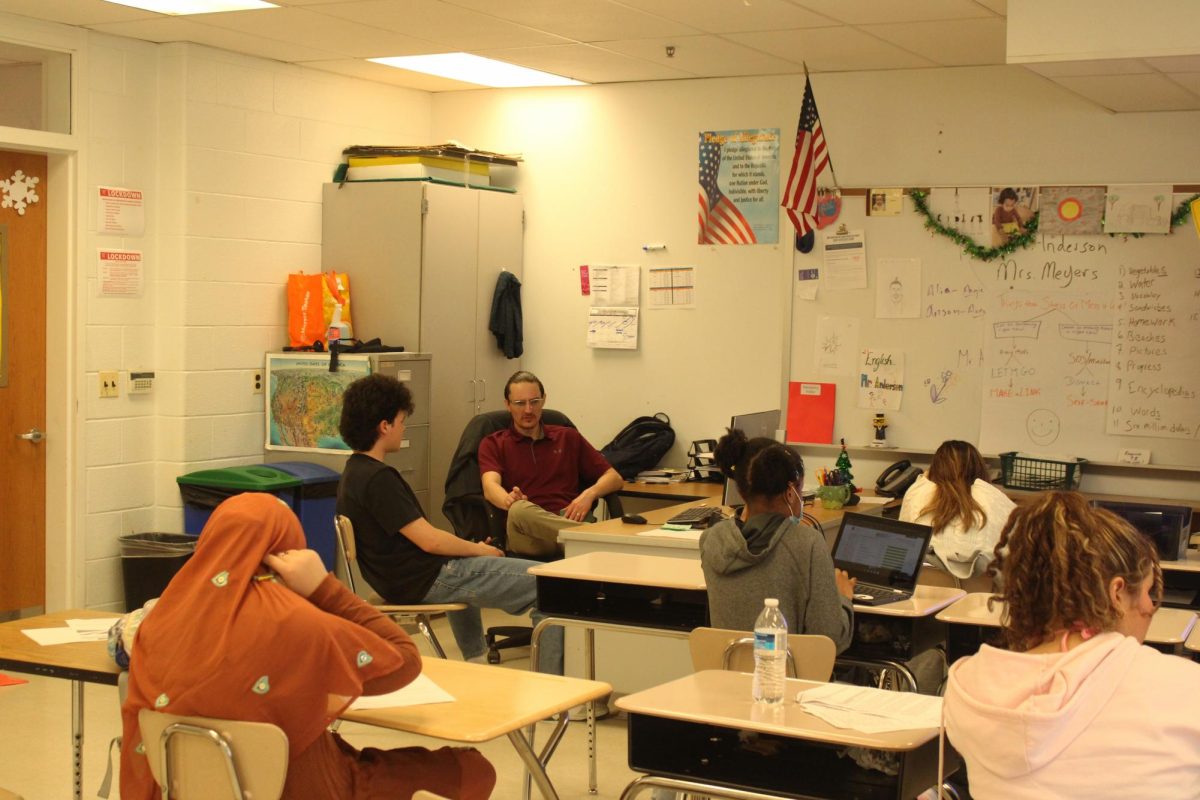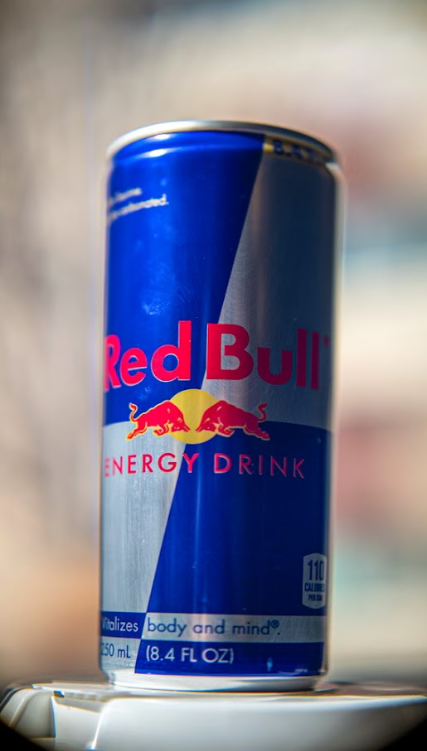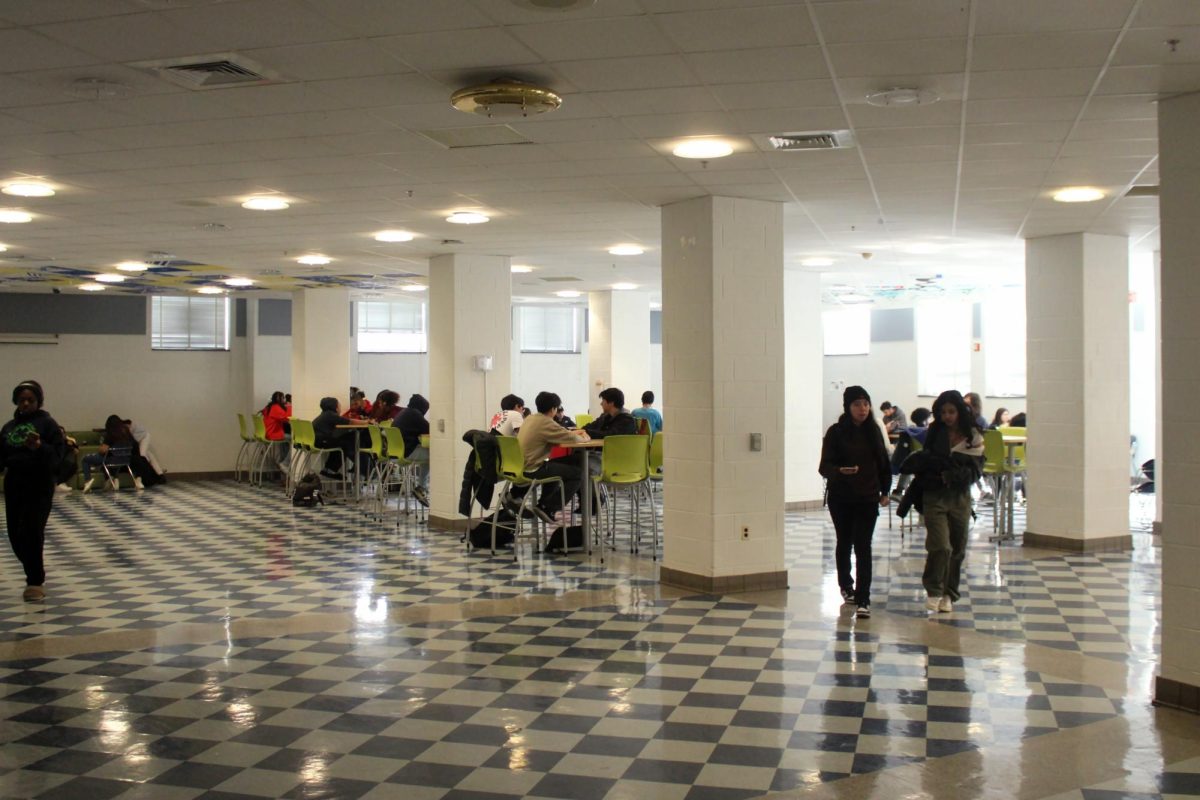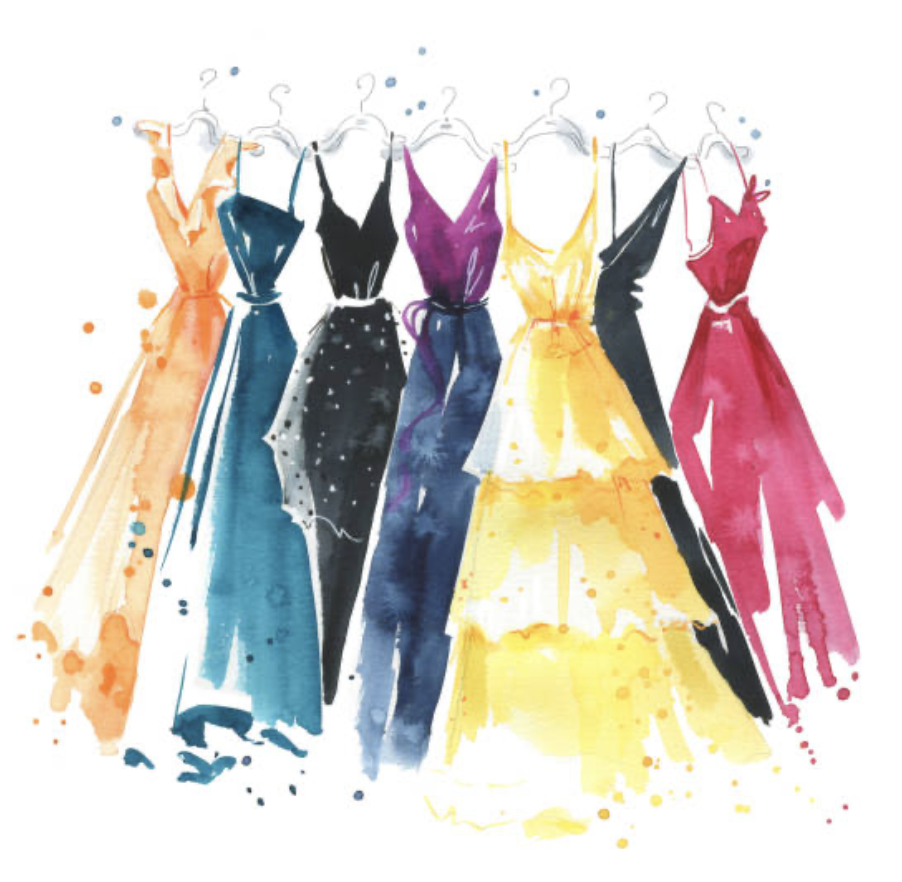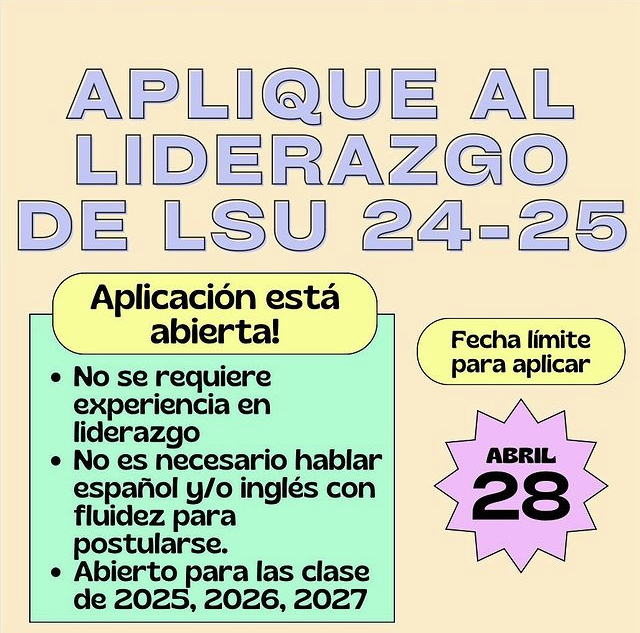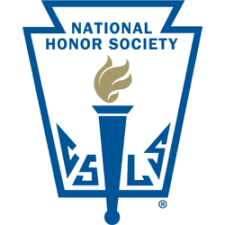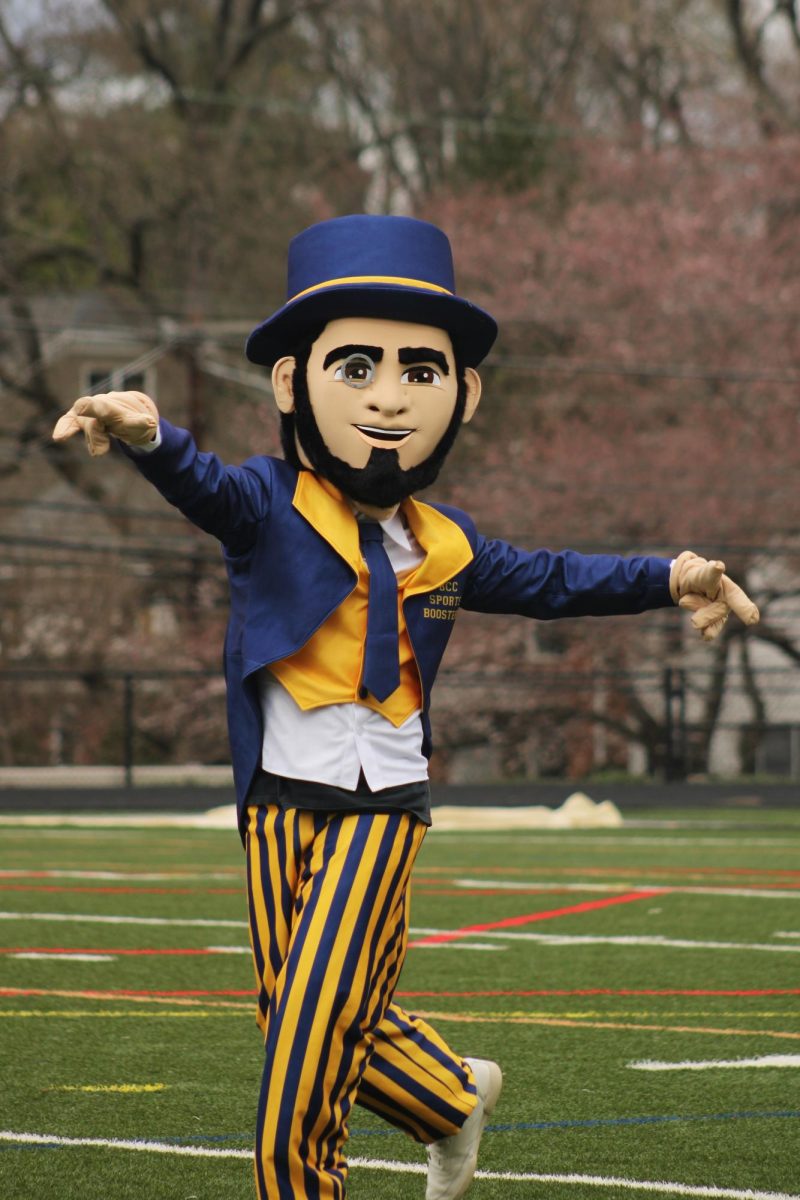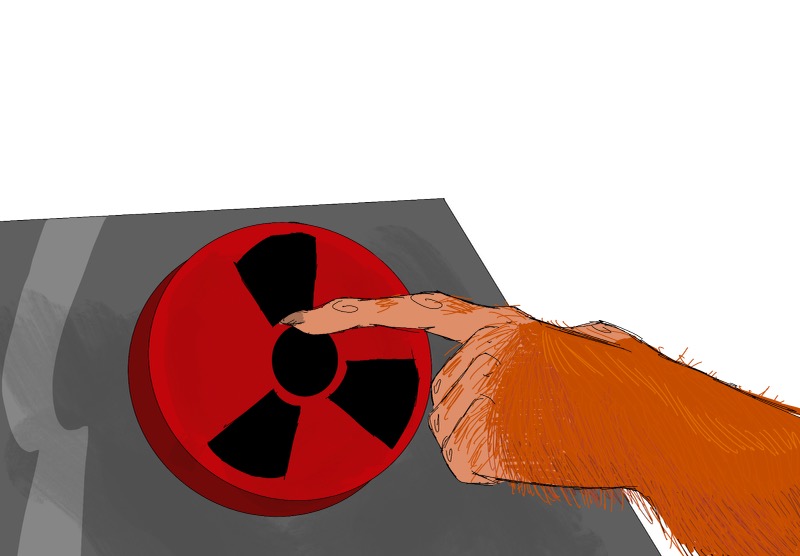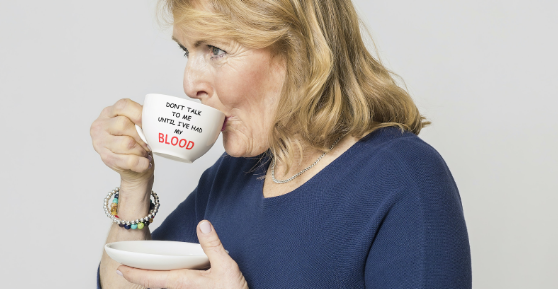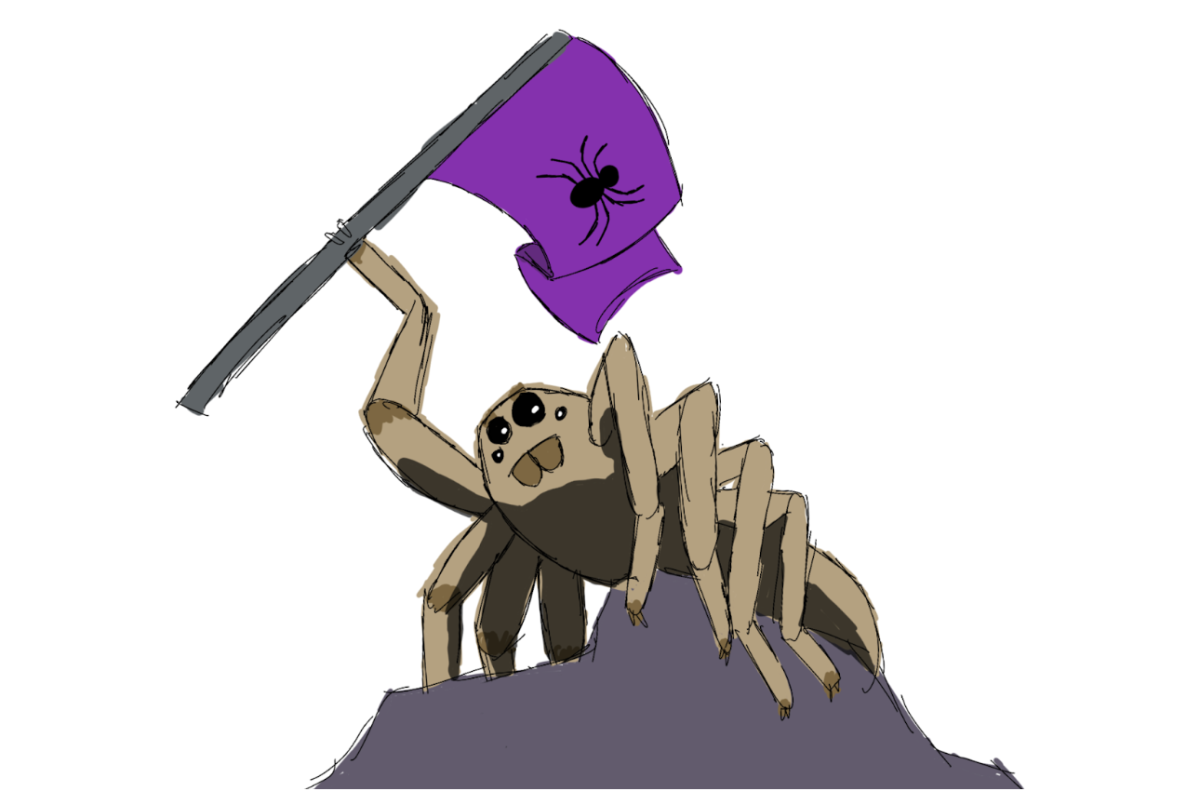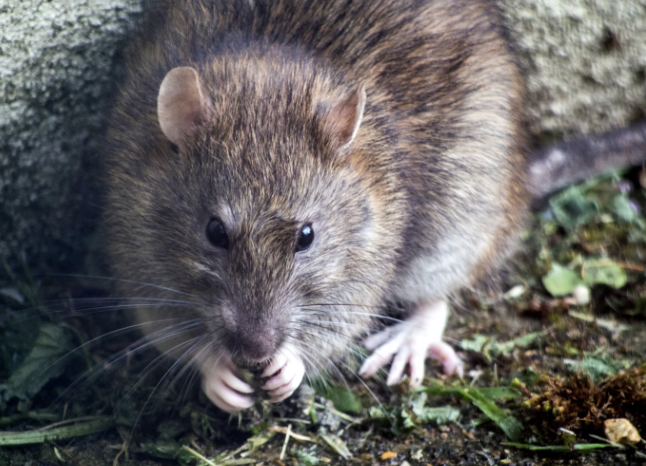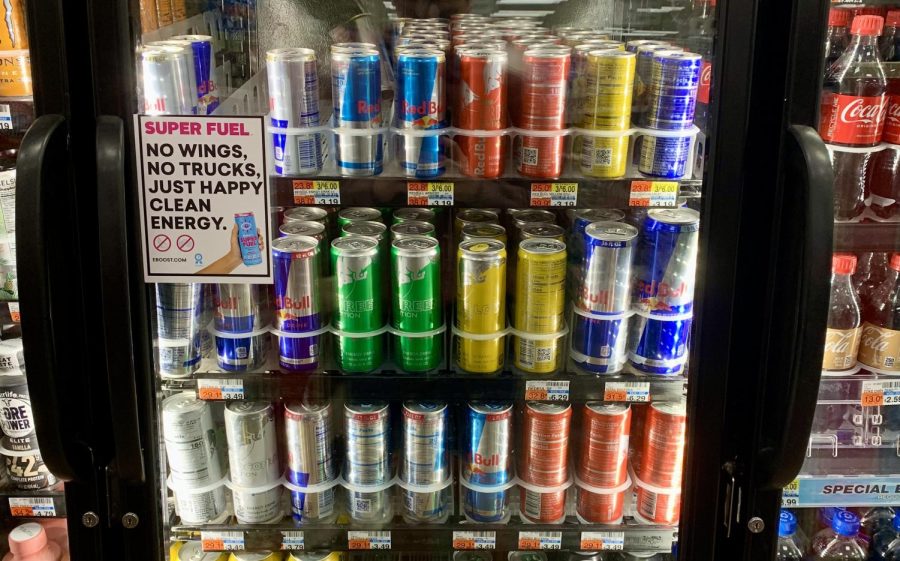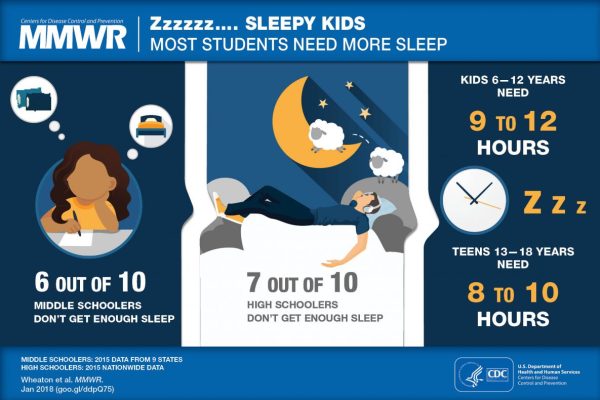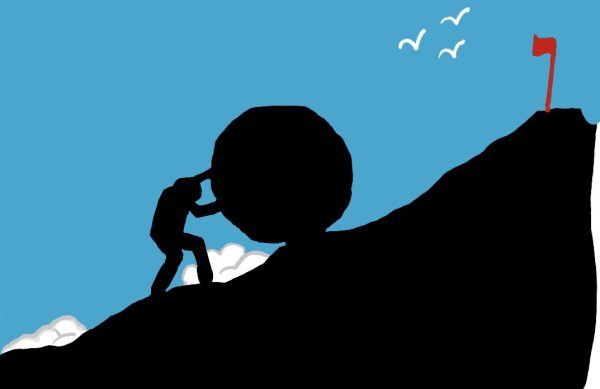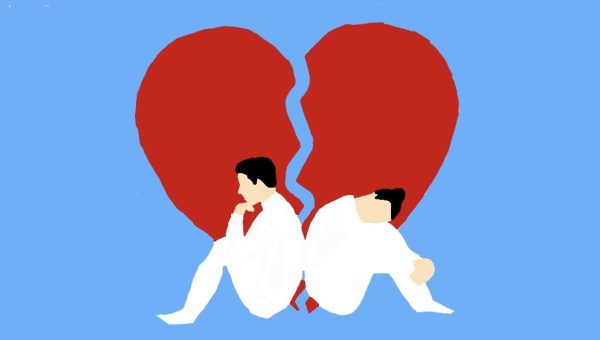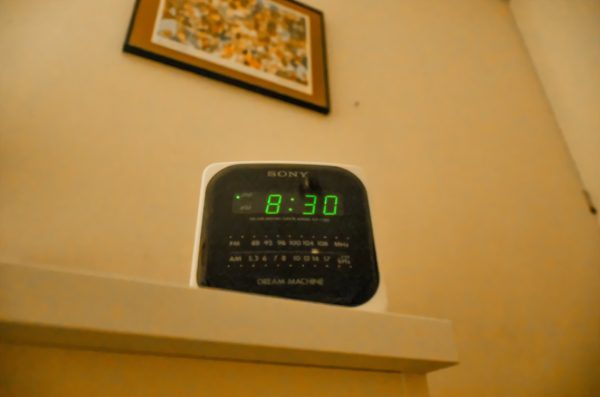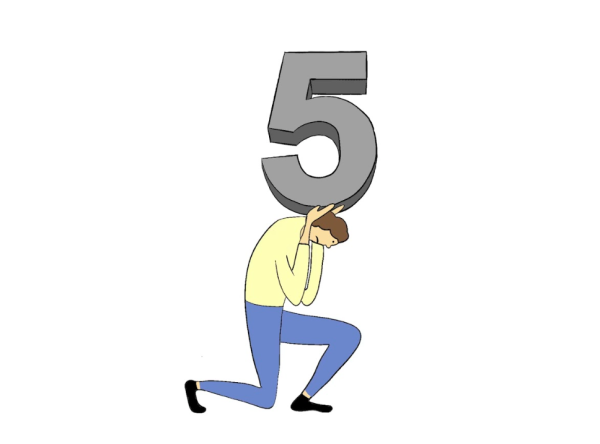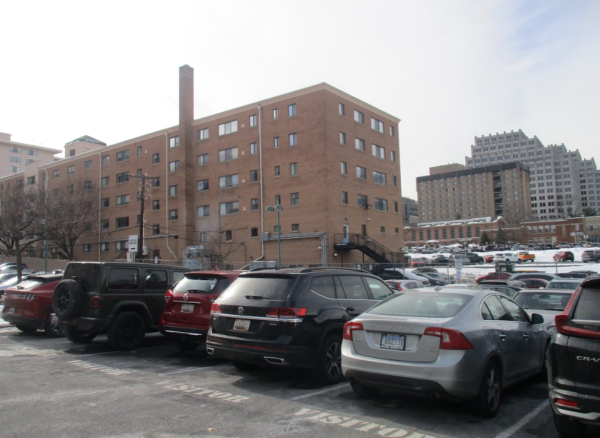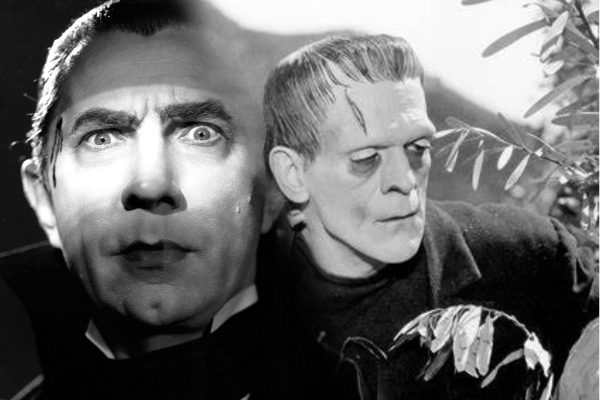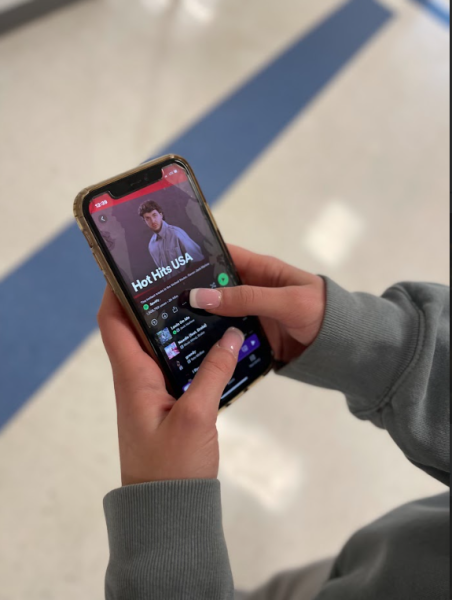Drink the Bull, You Get the Horns
Caffeine and Barons go hand in hand. Does it have to be this way?
Celcius. Bang. Monster. RedBull. The list of energy drink brands goes on and on. The list of flavors is even longer.
Just this week, I have had six different varieties of energy drinks. While my crippling caffeine addiction may be more extreme than your typical B-CC student, a significant number of Barons rely on caffeine to make it through first period. If you aren’t one of these Barons, you are probably an underclassman that has yet to experience the need for a caffeine boost the morning after a late night full of homework. And if you are reading this having already developed a caffeine dependency, this article might be a sign towards developing a healthier high school lifestyle—if such a thing exists.
Whether you “run on Dunkin'” or prefer oversweetened Starbucks lattes, most B-CC students purchase caffeine of some kind weekly, if not daily. These drinks aren’t cheap. Aside from draining your bank account, the long list of physical side effects shows that drinking caffeine isn’t even pleasant.
Teenage caffeine dependence is understandable because caffeine provides an undeniably accessible solution to an issue that most teenagers can’t avoid: sleep deprivation. But what most teenagers fail to understand is that there are healthier and cheaper alternatives to caffeine than you would think.
B-CC senior Molly Pachman commented, “I feel much more rested on a full night of sleep than on caffeine. Half of the time it just makes your stomach hurt!”
She knows that sleep is rare for some students. Many students try to balance a heavy workload between after-school jobs, extracurriculars, and homework. While Pachman advises Barons to get “8 hours of sleep every night,” a lot of students just don’t have the time.
Elyas Laubach, a B-CC senior and Captain of the Varsity Soccer team, shared his energy drink alternatives. Before his games, when Laubach needs an energy boost, he “grabs some coffee beans” and washes “them down with water.” Cheaper than coffee and more convenient for Laubach when he’s traveling to games, just a handful of coffee beans provide more caffeine than a latte and are undoubtedly natural and healthy.
While acknowledging that some students may not find chewing coffee beans quite as tasty as the Sour Apple-flavored Bang they are currently sipping, Laubach stays “away from energy drinks” and encourages Barons to “drink tea every day” instead.
While a dependable supply of caffeine, the label of most energy drinks warns that consumption of these beverages can cause dehydration, irregular heartbeat, anxiety, etc. Barons, for the sake of your bodily health, heed Laubach’s and Pachman’s advice and don’t mess with the (Red) Bull.

Sophie Messinger, a B-CC senior, served as a copy editor and contributing writer for The Tattler. She is the proud owner of two pitbulls and loves to...

Evan Rich, a B-CC senior, serves as a Tattler photographer. Evan enjoys to fish and snowboard in his free time. He also plays hockey and lacrosse.

